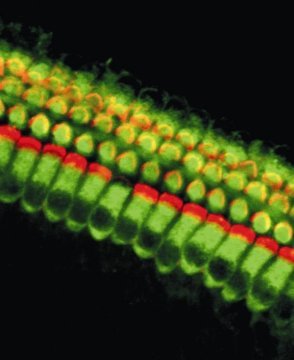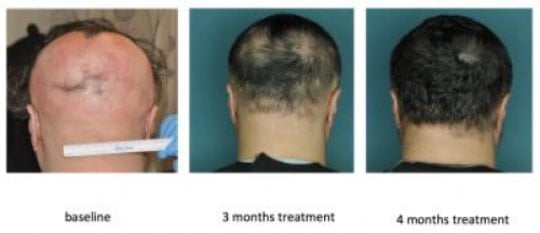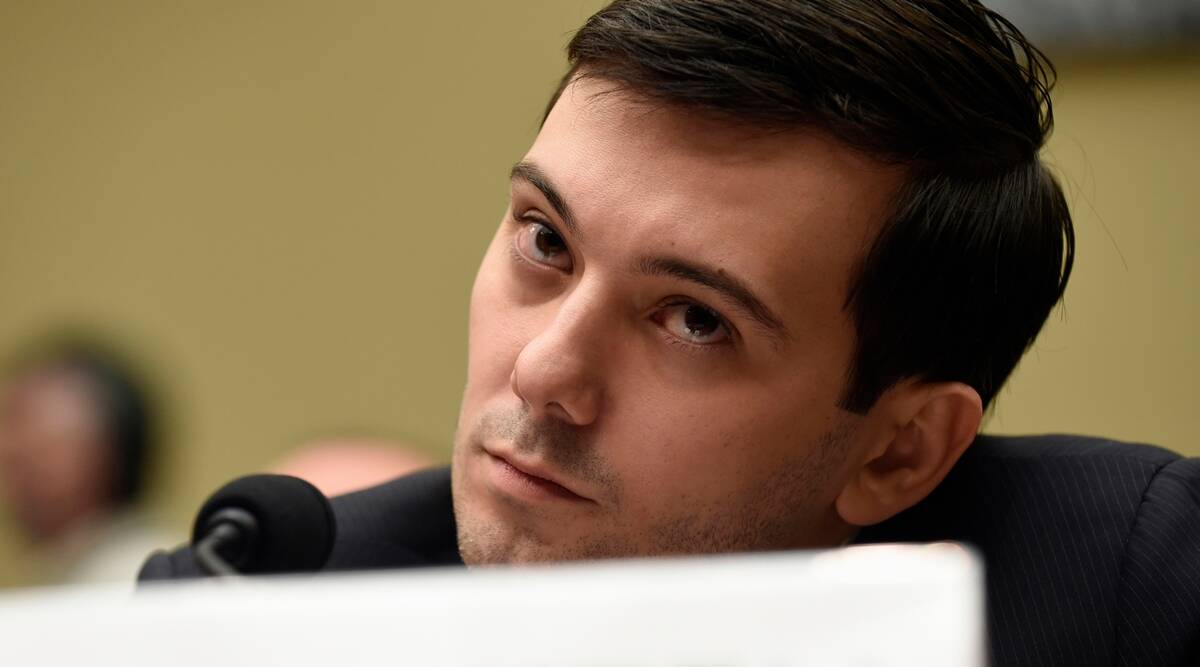
The Drug Enforcement Administration is running its 14th National Prescription Drug Take Back Day on Saturday, two days after President Trump announced a series of steps aimed at fighting opioid abuse, which he declared a public health emergency.
“I am urging all Americans to help fight this opioid epidemic and the broader issue of drug addiction by participating in the National Prescription Drug Take Back Day this Saturday, when you can safely turn in these dangerous and horrible drugs for disposal,” Trump said Thursday.
The event is an organized attempt to let people know they can safely turn in expired, unused, or unwanted prescription drugs — no questions asked. The DEA is working with about 5,200 collection sites around the country to collect drugs that people hand in.
To find a nearby location, people can enter their ZIP codes at this DEA website, which will list police departments, schools, and other locations that are participating. Drop-offs are being accepted between 10 a.m. and 2 p.m. local time.
“Take Back Day is a valuable service that is popular with Americans, and we have no plans to discontinue it; we plan to keep holding these events as long as they are needed. This year DEA doubled the amount of money it is spending on promotion of Take Back Day so that more people can hear about it,” DEA spokesperson Barbara Carreno told the Washington Examiner.
Today’s Take Back Day is the 14th in seven years.
According to the 2015 National Survey on Drug Use and Health, “a majority of abused prescription drugs were obtained from family and friends, often from the home medicine cabinet.” In addition to prescription opioid painkillers posing a risk for addiction and overdoses, children are often accidentally poisoned by them.
According to the DEA, its April event yielded nearly 1 million pounds of prescription drugs. In the past 13 Take Back events, the DEA and its partners have taken in more than 8.1 million pounds of pills.
Anyone who can’t participate Saturday can use a similar program run by the National Association of Drug Diversion Investigators, which has a similar program that lets people drop off drugs in drop boxes.


















